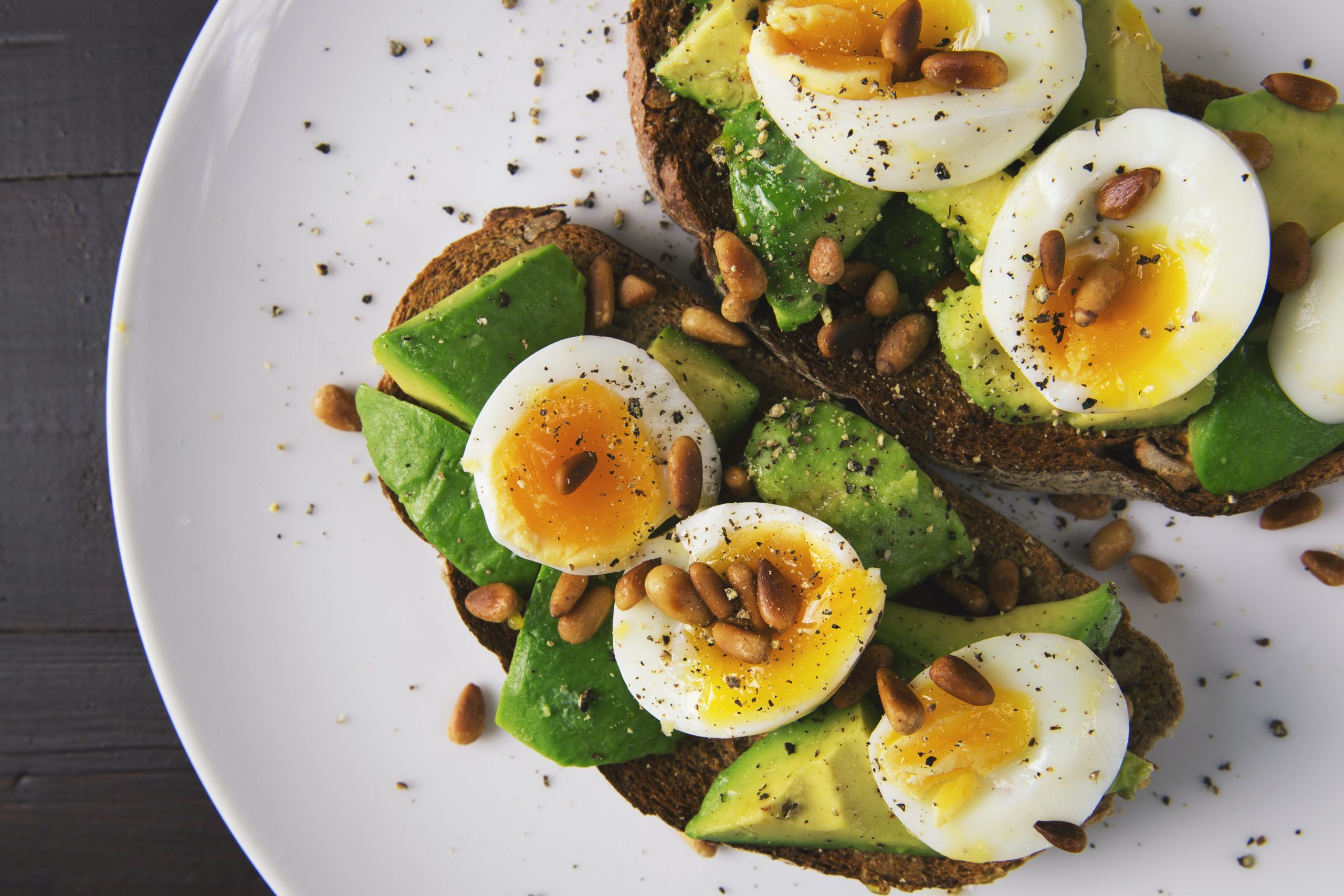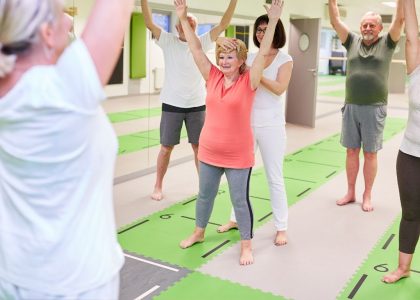When you are working out or engaged in flexibility training, your diet and nutrition play a crucial role in the final results you see. This is something that most research and experts support, and it is likely something that your fitness trainer may have recommended too. After all, whatever you put inside your body will shape it according to its nutritional value. However, it is not always obvious which foods you should consume for your specific workout goals. Follow the tips in this article maximize your flexibility and relive soreness from workouts.
A lack of flexibility can drastically hinder overall physical performance, and in turn, take a toll on results
This article will look at flexibility training in particular and what nutritional secrets can assist you with it. We will look at nutrient-dense foods to ensure you can flex your muscles and move your joints easily. These will also prevent cramps which can hinder flexibility in the long term. In this way, you can conduct your stretching exercises and more with convenience. With that said, let’s discuss the foods and secrets that can assist you in accomplishing these goals.
Include Leafy Greens in Your Diet
Leafy, dark green vegetables consist of spinach, kale, collards, seaweed, and arugula. These vegetables are great for your health in general but can also help you in your flexibility training. The water content in these vegetables is hefty, and this high water content can help remove acids within your body.
It also helps hydrate you, which is essential for your muscles as they contain a large amount of water. The more hydrated you are, the more flexible you will be.
They also contain nitrates that help widen your blood vessels, enabling more oxygen into your blood. This extra oxygen is essential as it provides you with greater energy during training and also assists you when recovering after. Furthermore, they contain antioxidants that can help counter and repair certain cell and tissue damage types.
Eating Protein-Rich Foods
Foods that contain a lot of protein are great for improving your flexibility. You may think these may actually prevent that since proteins are essential for bodybuilding, which can sometimes restrict your movement. However, bodybuilding targets these specific muscle-building exercises, which you are not targeting with flexibility training. Your body uses proteins to repair muscles after workouts and training. You can think of them as the building blocks of your muscles.
Eating protein-rich foods will ensure that your muscles can replenish themselves. If they cannot do so, they can become injured or inflamed, reducing your flexibility. Foods that are high in protein include fish, chicken, avocados, nuts and beans. Red meat is also high in protein, but it is best you avoid it as it is a pro-inflammatory food.
Avoid Processed and Junk Food
Foods that contain an exorbitant amount of sugar, processed carbs and unhealthy saturated fats are ones that you want to avoid. This is because these foods are known to cause inflammation. You may have experienced this yourself after eating junk food and feeling that your stomach is bloated or stiff, making it difficult for you to move or get up. This is something that you will want to avoid under any circumstance when engaging in flexibility training. Therefore, avoid eating too much junk food.
We understand that sometimes eating such foods at events like parties and gatherings is unavoidable. In such a case, we recommend eating anti-inflammatory foods to help you counter this effect and balance your diet. You can use foods to fight this inflammation, and these include fish high in Omega 3 fatty acids, fresh fruits, berries, and nuts with healthy fats.
Adding Certain Anti-Inflammatory Spices Into Your Recipes
Certain spices like cinnamon, spicy peppers, ginger and turmeric as an anti-inflamitory can have an excellent effects on your body. This is the case even if you use them in small amounts. This is a fantastic opportunity for you to include other nutritional foods we have listed in the article and combine them with these spices for delicious and beneficial meals.
There are so many delicious recipes that use these ingredients you can find on the internet and in cookbooks. Such good food will help boost your flexibility due to anti-inflammation and keep you motivated when you are training. After all, we are only human and are susceptible to give up at some point during training.
Bottom Line About Nutrition to Help Your Flexibility Training
The food that you put in your body is crucial for how your body will look and feel when you are training. After all, your body uses this nutrition up during training. As a result, ensuring that your nutrition is suitable for your flexibility training is crucial. We have looked at various types of foods that you should consume and those that you should avoid for optimal results. Primarily, you want to target anti-inflammatory foods that will ensure that your body will not become stiff, restricting your movement. You also want to eat food and water that enables you to remain hydrated and also consume proteins which will allow you to replenish your muscles. We hope this article proves insightful and helps you reach your flexibility goals. Thank you for reading, and good luck!






